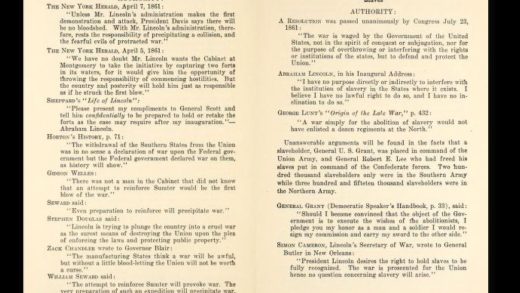One of our favorite things to do around the holidays is take a closer look at the writing we’ve published over the course of the year. We’re coping with difficult, tumultuous times, and inevitably, EL’s content reflects our larger context. In a year that began with a nearly rabid Covid variant, it was difficult to believe that 2022 held anything but more bad news. It was nearly impossible to see that, in fact, by the end of the year, we might be somewhere on the road to recovery. Our most popular list pushes the boundaries of horror, just as it seemed life was. Our most read essay is about the rarely spoken risk of working as a public librarian, addressing the bigger question of latent danger in spaces that are generally understood as safe. Our most popular interview centers on the collective decline of health, and a health care system that operates on a crisis care model. But what’s become abundantly clear is that some measure of optimism has survived, and even trickled its way into our writing. Hope touches so many of the essays, lists, and conversations we’ve published, and our wish, as we review the most popular posts of the year, is that each piece, in some way, amplifies that hope.
Here are the most popular interviews, book lists, and essays, starting with the most read:
Interviews:
“Sooner or Later, We’ll All Belong to the Kingdom of Sick” by Carli Cutchin
In our most popular interview of the year, Carli Cutchin spoke with Megan O’Rourke about her timely and critically-acclaimed memoir, The Invisible Kingdom, in which she deftly portrays the loneliness of chronic illness, the onslaught of Long Covid and its impact on an already overstretched health care system, as well as the author’s beautifully rendered quest to find healing.
“When you are looking at patients whose bodies are at the edge of medical knowledge, we need a more flexible kind of medicine.”

“Elif Batuman on the Tragedy of Heterosexual Dating” by Halimah Marcus
Halimah Marcus, EL’s Executive Director, spoke with Elif Batuman about Either/Or, the highly anticipated sequel to her debut novel, The Idiot. In Either/Or, Selin continues to forge a connection to her now-graduated crush, Ivan, by analyzing their past interactions. She blooms—sexually and otherwise—while engaged in this process, ultimately emerging from his shadow and growing into an impulsive, more curious, more ambitious Selin—a fully-realized young woman “dazzling in her flaws and contradictions.”
“The temptation is to think of yourself as having been really stupid, and yourself now as knowing a lot more. I’m just as stupid now, I just have better information.”
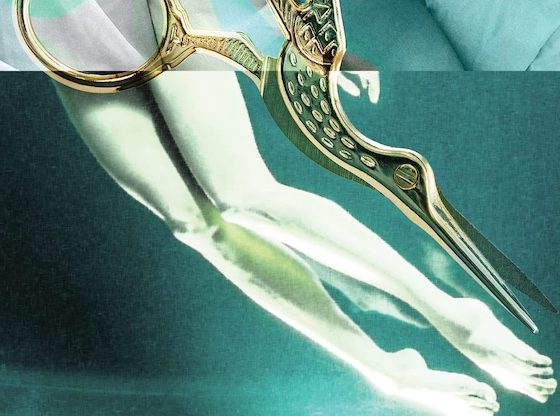
“Just Let Women be Horny Monsters” by Chelsea Davis
Chelsea Davis begins her interview with Kathleen J. Woods about her recent novel, White Wedding, by asking Woods what attracted her to writing porn. What becomes clear is the sense of reading as a sensual, and sensuous experience, placing the reader more erotically in their own body, as well as rethinking more traditional representations of gender, sexuality, race, ethnicity, and more.
“To enact confusion on the bodily level of the reader; to engage in a way so that their senses are actually engaged and immersed; to make them discomfited by their own responses to what they’re reading.”
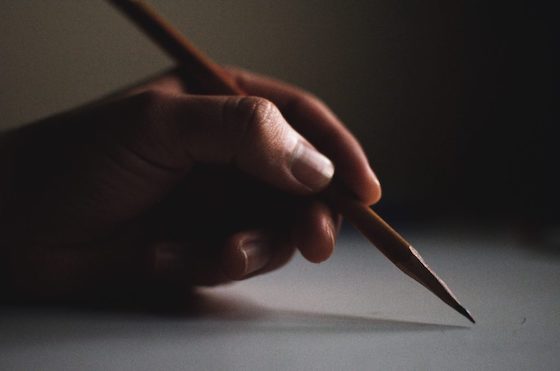
“A Handbook for Creating a Literary Life in Prison” by Deirdre Suguichi
In Deirdre Suguichi’s interview with Caits Meissner, author of The Sentences That Create Us, PEN America’s new writing handbook, she specifically and intentionally asks Meissner about the challenges and complexities that are unique to writing while incarcerated. We learn that chief among them are finding privacy, quiet, and personal and physical safety, and are reminded that for some, getting the writing done is harrowing, dangerous work.
“I had a great deal of anxiety when the book came out about some of the authors being targeted by their administrations, being put into solitary confinement, being seen as a threat for exposing harm, being dropped from jobs or programs.”

“Alice Elliott Dark Writes Women in Their 80s Like Men in Their 30s” by Halimah Marcus
An intimate portrait of a lifelong friendship, this conversation between Halimah Marcus and Alice Elliott Dark about her new novel, Fellowship Point, illuminates the ongoing evolution of two old women with different worldviews, different personalities and lived experience, but intense love for each other. In close proximity as the last remaining caretakers of a small community of summer homes established by wealthy Quaker families decades ago, their lives are distinct, and yet tightly woven,
“I think there’s always an erotic element of friendship, but I didn’t want to explicitly bring that out because they wouldn’t have explicitly brought it out. They just didn’t grow up that way.”
Lists:

7 Contemporary Horror Novels That Push Boundaries by Brian James Gage
In our most popular list of the year, Brian James Gage recommends stories that will terrify you. These books abound with bold, daring new voices and paradigm shifting terror while calling upon the traditional—monster scares, psychological horror, and Gothic tales—to ground them in their chosen arena. Check out Gage’s latest novel, The Nosferatu Conspiracy: Book Two, The Sommelier.
“My young mind was convinced whatever horrors lurked behind those monolithic and terrifying covers would surely emerge from the pages.”
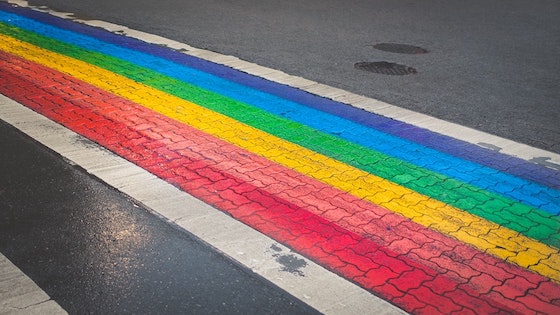
The Most Anticipated LGBTQ Books of 2022 by Michelle Hart
This year EL had the opportunity to publish this much-anticipated list, written and researched by Michelle Hart, and we couldn’t be happier. Updated by season, our readers proved yet again that Electric Literature is a home for authors, and most importantly readers, who are writing, and looking for, diverse, groundbreaking stories. In addition to all the books on this list, be sure you read Hart’s debut novel, We Do What We Do In The Dark.
“His work was rejected for being both too explicit and too subtle; stating that ‘the familiar is more threatening than the exotic’”.
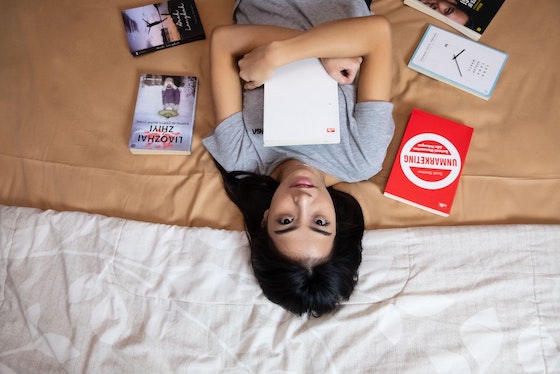
62 Books By Women of Color to Read in 2022 by R.O. Kwon
A mainstay in our digital pages, R.O. Kwon’s much-loved list elevates the most anticipated forthcoming books written by women of color. It’s become a favorite among legions of EL readers, as well as the larger literary community, its reach informing syllabi, criticism, and even consideration for book prizes. By highlighting women of color, we have the opportunity to help more readers find increasingly more vast books and voices to love; simultaneously, the necessity for such a list is a powerful statement about the book industry’s shortcomings.
“I continue to hope that publishing and American Letters will become so fully inclusive as to render this effort obsolete. We’re not there yet.”
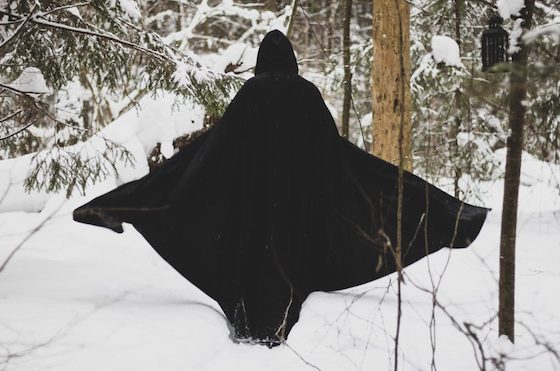
7 Novels About Women Who Refuse to Fit In by Anne Heltzel
Not every woman is capable of being the woman her community expects her to be. Anne Heltzel, author of Just Like Mother, recommends seven wondrous novels about women who are doomed to be the black sheep in their families, but must carry on.
“As an adult she cobbles together a flimsy existence that appears normal on the outside but conceals her profound loneliness and inability to connect.”

7 Historical Novels Set in The Pacific Northwest by Keyna Krow
The damp mossy woods of the coast, the high desert, and the snow jagged mountain ranges dividing the two—these are part of what makes the pacific northwest big and messy, and fertile ground for literary work. Leyna Krow, author of Fire Season, recommends novels that take place in Oregon, Washington, and Canada because she, like many readers, appreciates a different kind of Western novel.
“I like the surprise of it, and the thought of people buying the book assuming it is about rugged men on the range with their guns and instead getting a future-seeing woman in a city, armed with only her considerable wits.”
Essays:

“Being a Public Librarian Can Be Dangerous Work, Why Don’t We Acknowledge That?” by Amanda Oliver
In the year’s most popular essay, Oliver, a former librarian, debunks the romanticization of libraries—both what they are, and whom they serve. While public libraries are culturally understood to be warm, safe spaces for intellectual and artistic exploration, many have become safe havens for marginalized, and often unhoused communities—reflecting the larger cultural neglect that vulnerable populations feel across America.
“How many times had I been called a bitch that week? Five times? Ten? I knew meeting aggression with aggression rarely ended well, but here I was.”
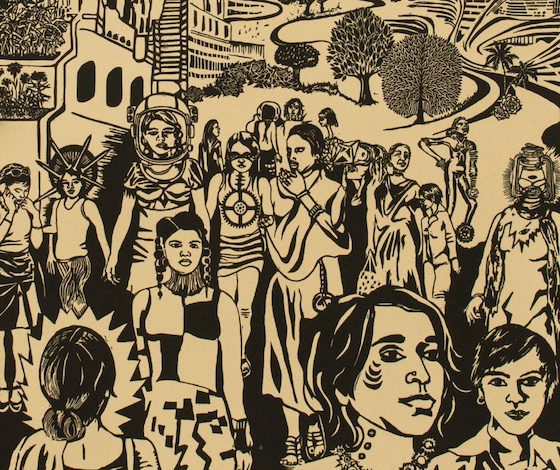
“One of the Earliest Science Fiction Utopias Was a Protest Against Patriarchy” by Tanya Agathocleous
Over 100 years ago, Bengali Muslim writer Rokeya Hossain wrote about a world run by women and fueled by solar power. In this essay, Tanya Agathocleous examines both the personal circumstances that shaped Hossain’s worldview, and the contemporary socio-political context.
“Her father had four wives, favored education for his sons but not his daughters, and imposed purdah: a Muslim practice, also employed in some Hindu communities, where womenlive in separate quarters to conceal themselves from men.”

“‘Severance,’ ‘Severance’, and the Dissociative Demands of Office Labor” by Rebecca Ackermann
A novel and a TV series bearing the same name also happen to tell similar stories about capitalism. It’s a tale as old as time as Rebecca Ackermann weaves her personal journey moving beyond life as an overworked, underappreciated dead-eyed corporate worker. Such is life for so many, under capitalism, but it’s imperative that we remember that life is better when we manage to make work work for us—not the other way around.
“There are infinite reasons to leave a job, but I remember the collective turning point as the day my coworkers and I stepped out of our friendly work personas and into our full humanity.”
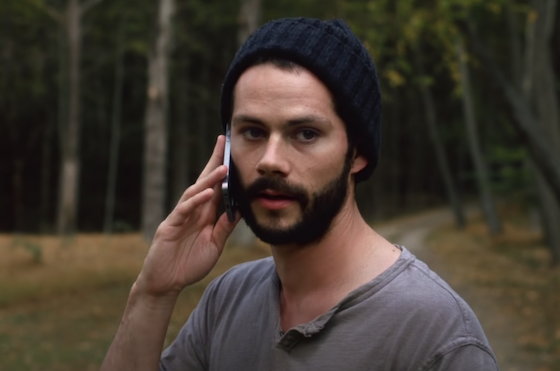
“Taylor Swift’s ‘All Too Well’ Helped Me See the Full Story of My Relationship” by Lauren Hutton
When Taylor Swift’s re-recorded Red (Taylor’s Version) came out only 3 weeks after Lauren Hutton’s boyfriend broke up with her, blindsiding her after four years, Hutton found solace in the lyrics—darker, angrier, more scathing—and in the new understanding Swift seemed to carry about a relationship that was never really healthy.
“This original version, before it was made palatable for radio playtimes and social discourse, contained all of Taylor’s hurt. It let her lay the blame in the open and present a fuller story, one that’s more complicated than a singular disappointment or the sting of goodbye.”

“My Family’s Failures Took Center Stage in Everything Everywhere All at Once” by Brian Lin
Like Everything Everywhere All at Once, Brian Lin plumes the pain of lifelong silence before putting words to unspeakable things between family members. Equal parts love letter to the film and part family portrait, this essay asks both its writer and its reader to confront the limitations of what it means to be known and loved by family.
“Thanks to Everything, my sadness about Ma, pooling in me for years, has taken the form of questions, things I can ask her one day.”
The post Electric Lit’s Most Popular Articles of 2022 appeared first on Electric Literature.
